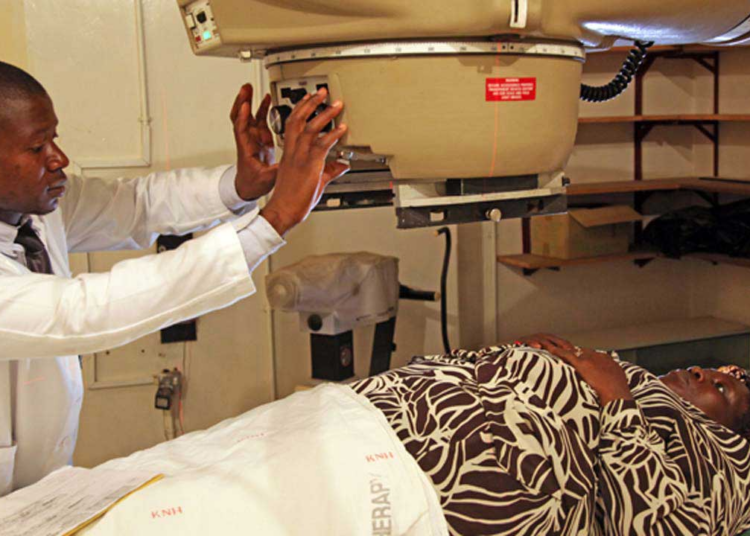Organisation of Islamic Cooperation (OIC) has urged African countries to identify and preserve the knowledge of traditional medicine and employ it in cancer treatment.
The organisation’s assistant secretary general for Economic Affairs, Science and Technology Dr Ahmad Sengendo, made the call in Abuja at the High Level Regional Seminar on Promoting Cancer Awareness and Advocay Programmes in OIC Member States.
The third edition of the seminar, hosted by the First Lady, Sen. Oluremi Tinubu, has “Innovative Approaches to Cancer and Early detection” as its theme.
Segwendo said there is need to identify and preserve available indigenous knowledge and plant species available in Africa and to use them in the treatment of cancer.
This, he said, would go a long way in helping the continent to manage the scourge of the disease and lift Africa, which is part of Low-Middle-Income Countries (LMICs) mostly affected by the disease.
The World Health Organisation (WHO) Country Representative, Dr Walter Mulombo, said “it is hightime Africa starts taking cancer seriously, as well as other killer diseases such as AIDS, Malaria and Tuberculosis.”
He added that “cancer is preventable and 40 percent of cancer deaths can be forestalled through early detection.
“The current situation demands deliberate and coordinated action and according to available statistics, the statistics is expected to rise by 21.4 million and an estimated 13.2 million people will die of the disease by 2030.
“More than half of OIC member states are LMICs, the burden caused by cancer both to the nation, human resource, financial capacity and infrastructure is beyond what is available in the national budget.”
He, however, urged organisations to complement government efforts in fighting cancer.
On his part, the director-general of International Atomic Energy Agency (IAEA), Rafael Grossi,
said cancer could be prevented or even treated with the right tools.
According to him, the most compelling argument which should be addressed holistically is that people are dying of curable cancers in Africa, which should not be so.
He narrated that “where I work, almost no woman dies of breast cancer, and this is something that is within our reach, we have the technology, we have the capacity to change this, we are not in front of an unsolvable problem or something that may require a lot of money to solve.
“Sometimes it is about having a radiotherapy unit in a small town or having access to something physical so that we can heal people.”
He, however, said that the agency was not about policies but about giving out the necessary technology, training doctors, oncologists and radiotherapists and providing equipment so that they can provide the needed services to the people.





